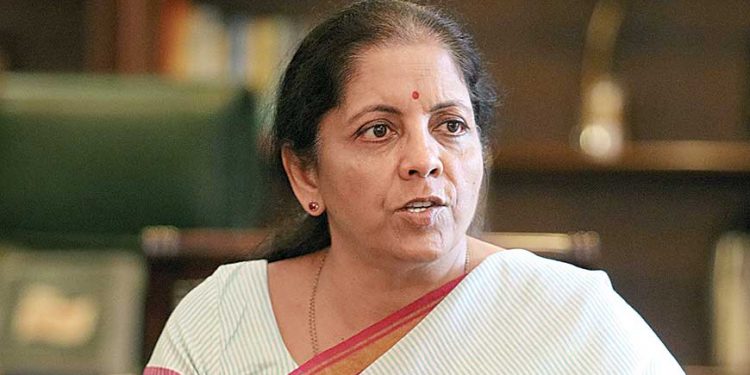New Delhi: Prime Minister Narendra Modi’s government Friday will unveil a budget that is expected to cut taxes on business and raise spending in a bid to shore up consumption and faltering economic growth.
Analysts say Modi, boosted by a sweeping election victory, hopes to use the budget to restart reforms and deal with a series of economic woes.
In January-March, annual growth slumped to 5.8%, the slowest pace in 20 quarters. Growth for the financial year that ended in March was 6.8%, also a five-year low, and indicators such as plummeting industrial output and automobile sales have stoked fears of a deeper slowdown.
A shortfall in monsoon rains, pivotal for the farm sector that employs nearly half of India’s workers has increased concerns of rural distress and strengthened the case for intervention, a leader in the BJPsaid, Wednesday.
“The focus of the budget will be to boost domestic consumption, address the rural crisis and support small manufacturers,” Gopal Krishna Agarwal, BJP’s economic affairs spokesman, told this agency.
In February, then, Finance Minister Piyush Goyal presented an interim budget for the year beginning April 1, to maintain government functions while a weeks-long election was under way.
New Finance Minister Nirmala Sitharaman will present Friday a full-year budget that Agarwal said could lower corporate taxes for small and medium-sized businesses as well as personal ones to revive consumption by the middle class that gave Modi a second term, while withdrawing some tax exemptions.
In 2018, the government had reduced the corporate tax rate to 25% from 30% for companies with annual turnover of 2.5 billion Indian rupees or less.
Following election promises, the government could present a plan for investing up to 100 trillion rupees ($1.45 trillion) on highways, railways and ports while budgeting another 25 trillion rupees for increasing farm productivity over five years, BJP officials said.
To meet the funds required for all that, Sitharaman may need to increase February’s 3.4% target for fiscal deficit to gross domestic product (GDO) to 3.6%, said a senior government official.
Sitharaman is also likely to seek a higher dividend from the central bank, draw up plans to raise funds from a 5G telecom auction and propose more privatisation, sources said.
After becoming Prime Minister in 2014, Modi improved public finances, trimming the fiscal deficit to 3.4% from 4.5% in 2013/14, mostly through cuts in subsidies and higher retail taxes on fuel. However, he is now under pressure to loosen the purse strings to meet election promises and jack up the growth rate.
“A large part of the economy is facing a recession with a fall in rural demand and private investments,” said Ashwani Mahajan, chief of the economic wing of the RSS. “It is the right time to expand the fiscal deficit up to four per cent of GDP,” he stated adding the budget could provide tax incentives for food processing, logistics and small businesses as well as affordable housing.
Reuters






































